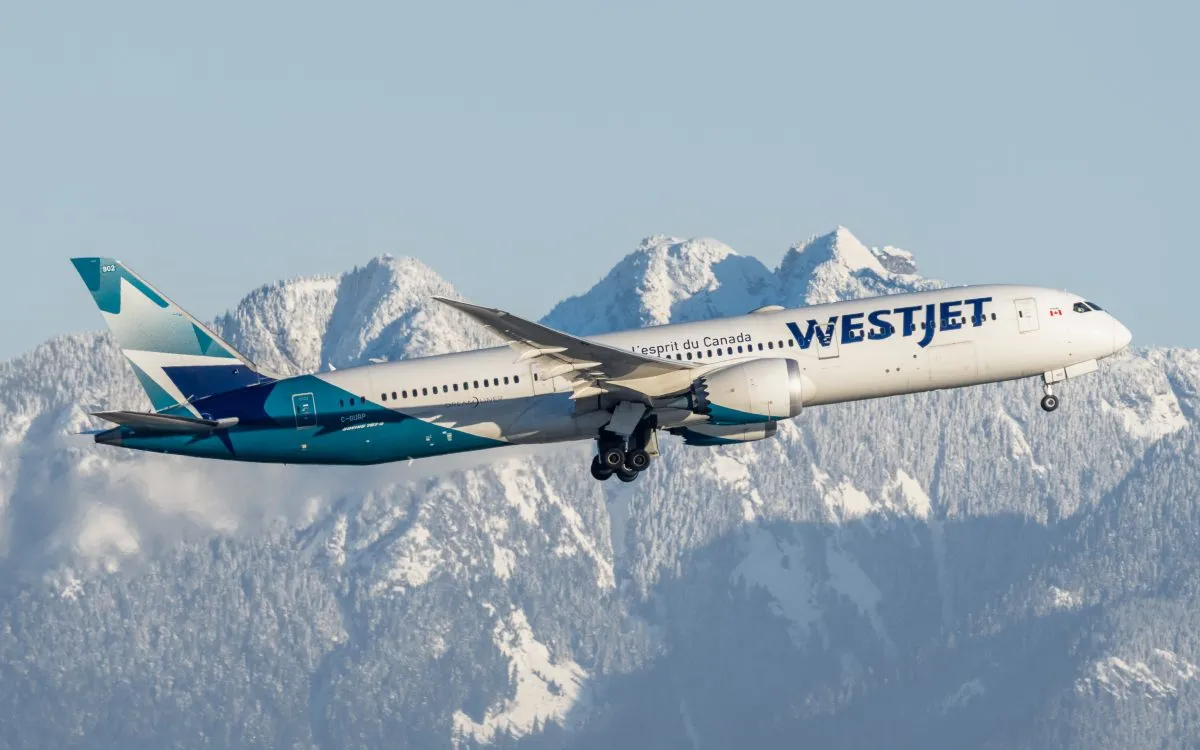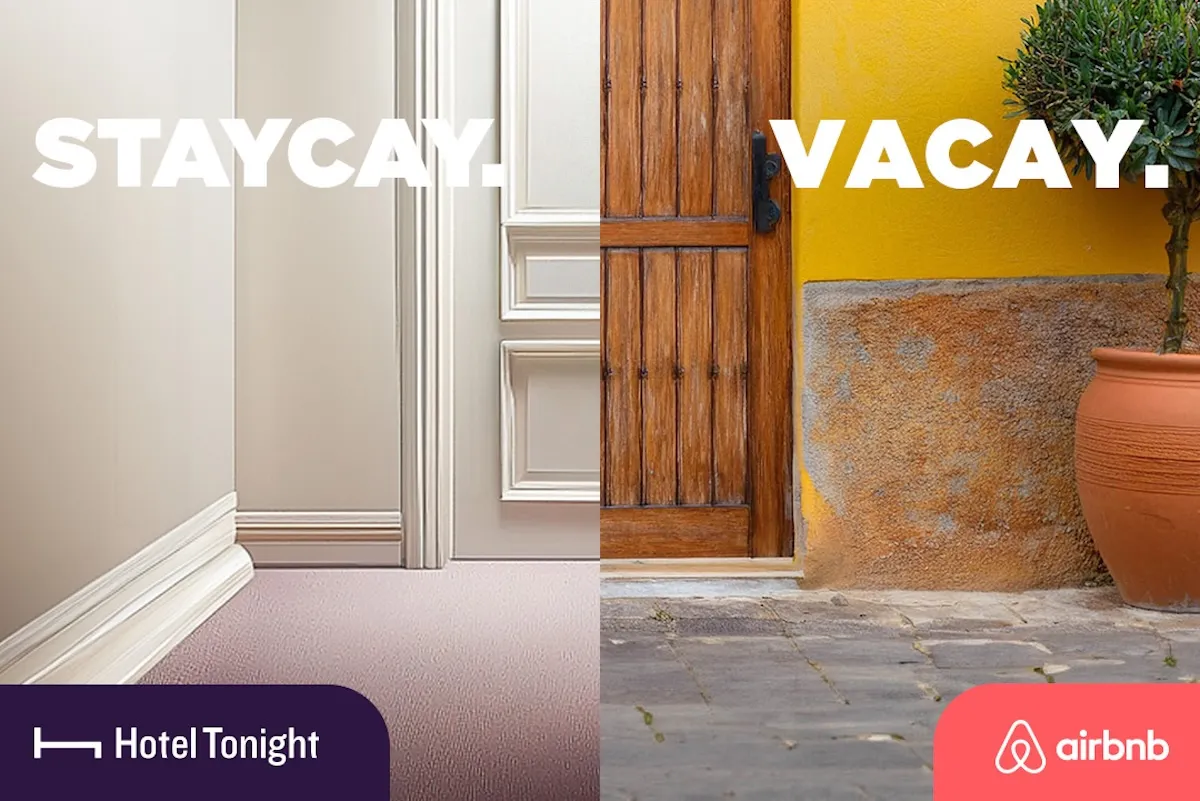The 3 Phases of Travel That Will Drive Hotel Metasearch in 2021

Skift Take
This sponsored content was created in collaboration with a Skift partner.
It’s highly likely that the global travel landscape will look very different in Q4 2021 than it does at the moment, as more people get vaccinated and travel restrictions are lifted. DerbySoft’s Charles BeeBee, global head of sales and marketing, and Ken Nishizu, president, marketing services, forecast that travel in 2021 will happen in three separate phases. According to BeeBee and Nishizu, thinking about travel’s rebound in this way can help hoteliers make better decisions in how they target travelers via metasearch campaigns.
SkiftX spoke to BeeBee and Nishizu to learn more about the three phases, how hotels should be thinking about metasearch in each phase, and the tech products that can help hoteliers make the most of the opportunities metasearch offers.
SkiftX: What are the three phases of travel taking place this year?
Charles BeeBee: Right now, we’re in phase one: Leisure travel is ongoing locally and domestically, while international travel is happening at a much lower rate. During this time, travel behavior is very erratic due to the constantly shifting restrictions and governmental policies — when restrictions are lifted, people tend to book trips for a quick break, locally or intra-region. For example, there was an increase in last-minute travel bookings from Europe to Dubai and the Maldives this past holiday season as restrictions were removed.
In phase two, which will take place this spring and summer, we’ll start to see more restrictions lifted as the vaccine increasingly rolls out. Travel will ramp up, but travel patterns will still be extremely unpredictable, with trips being booked on very short notice as restrictions ease. Phase three will take place in Q3 and Q4 of this year. This will be when leisure travel will truly escalate. Booking behavior will still be erratic, but travel will return to some form of normality — though not yet to 2019 levels.
SkiftX: Currently, we’re in phase one: Travel is mostly restricted, though not fully paused. How can hoteliers make the most of metasearch during this phase?
Ken Nishizu: Hotels that aren’t taking advantage of metasearch right now are missing a big opportunity. Those that have a strong metasearch infrastructure in place now will benefit by being able to gather data in real-time to shift strategies across the next phases accordingly. Having intelligent technology in place that removes the need for human oversight to make the necessary adjustments needed for a successful metasearch strategy will be key.
SkiftX: Many hotels are facing smaller budgets at the moment. What are some ways they can create a successful metasearch strategy knowing that they might have less to spend?
Nishizu: Google Pay Per Stay, Trivago CPA, free organic links, and our own DerbySoft Commission Program are all great metasearch programs for hotels with smaller budgets. With these programs, hotels only pay a commission when a customer has booked or stayed on a property.
Building a solid localization strategy by focusing on a range of channels will be key as well. DerbySoft’s Commission Program connects hotels with over 20 local and regional metasearch channels, reaching an audience of over 40 million. Looking beyond the four major metasearch channels — Google, TripAdvisor, Trivago, and Kayak — and taking advantage of sites such as Skyscanner, Wego, Hotelscan, and Bing — the latter which actually has a very strong Hotel Ads product and sizable international search engine user base — can be a cost-effective strategy.
SkiftX: How should hotels be thinking about metasearch in the second half of the year — or phases two and three — when travel is expected to take off much more strongly?
BeeBee: Right now, hotels are banking bookings from a small number of active travelers. In phases two and three, hotels will be able to shift back to complex auction models and should take active steps to understand the amount of revenue a particular metasearch opportunity will generate for the property.
Adopting a cross-channel approach is a sound strategy for maximizing the potential of metasearch. Because different channels offer different strengths and weaknesses — depending on the point of sale or the destinations the customer is interested in, for example — there is never one channel which performs best in all situations. Machine learning helps hoteliers manage the large scope of data coming from different channels and decide on the best bids in the shortest amount of time. Without an automated solution, this optimization would be impossible to perform.
Knowing your audience, and connecting with them the right way, will be a must. With the help of our machine learning technology, Marketing Services by DerbySoft can help hotels integrate their CRM and paid search audiences into the platform, and effectively target campaigns to a qualified customer to achieve greater conversion.
SkiftX: What other challenges will the ramping up of travel present in the second half of 2021 for hoteliers when it comes to metasearch?
BeeBee: We’ll likely see a crowded metasearch market at this time, as many hotels seek out the best placements on Google, Kayak, Trivago, and Tripadvisor. Standing out from the competition by deploying cross-channel bids will be key here.
Fortunately, many metasearch channels have launched programs to help hotels do exactly that. Destination Ads — as it’s internally coined by DerbySoft — though more generally known as Sponsored Listings, Google’s property promotion ads, Kayak's Hotel Specific Inline ads, TripAdvisor sponsored placements, and Trivago sponsored listings, can each help sway customer bookings to a specific hotel and deliver better conversion rates. All of these options are integrated into Marketing Services by DerbySoft, which enables the deployment of upper and lower funnel campaigns, provides insights to help understand and control complex data, and allows for real-time adjustments.
SkiftX: How can hoteliers compete with online travel agencies in metasearch throughout these three phases?
Nishizu: Online travel agencies are known to be very active in the metasearch space, so firstly, hotels really have to be in it to win it. Metasearch makes up a significant percentage of the direct business mix for many hotels, so being actively visible to travelers in the booking phase means self-reliance and owning the customer profile, both of which are extremely valuable. Additionally, hotels can use metasearch to directly provide messaging to travelers about their safety and hygiene programs, which will continue to be important to travelers.
Secondly, intelligent (AI) bidding will be key. For example, DerbySoft’s algorithms gather complex data from various sources and calculate how best to marry them to help achieve the hotel's goals of gaining room nights and revenue.
Thirdly, hotel rates need to be competitive. Marketing Services by DerbySoft provides hotels with “Meet, Beat, and Lose” insights to help hotels monitor where their rates stand compared to others to remain competitive and encourage greater conversion.
SkiftX: Can you go into more detail about how machine learning and artificial intelligence will play a role in all of this?
BeeBee: Smart automation achieved via machine learning and artificial intelligence is crucial to saving time, ensuring precision and efficiency, and setting a goal and letting the algorithm achieve that goal. It’s also important when it comes to easily understanding the data so that strategy decisions are made quickly. It would be extremely difficult for hotels, customer relationship system partners, and agencies to manually stay on top of the sheer magnitude of complex data available.
DerbySoft has put automation and machine learning at the core of our offerings to ensure that our clients, both at the chain level, agency level, and at individual properties, can take advantage of these opportunities. Once a hotelier or their agency inputs their performance goal, budget, and campaign dates, the platform manages the metasearch strategy from there.
This content was created collaboratively by DerbySoft and Skift’s branded content studio, SkiftX.




